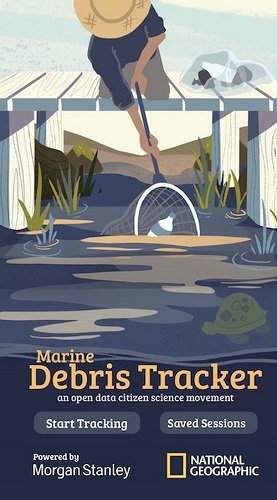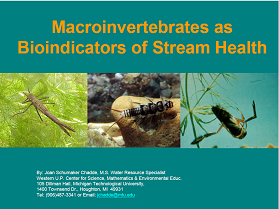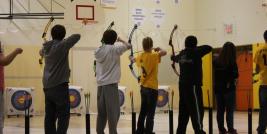
|
Wascana Creek Stream Study Lab
- This labs is set up as an all day field trip to collect stream data
- The morning will be spent at the Duck’s Unlimited McKell Marsh site where Wascana Creek first enters the City of Regina.
- The afternoon data collection the will be done at Wascana Trails which is located on Wascana Creek and after the water has gone through the city.
- Students will assess the health of an aquatic ecosystem through physical, chemical and biological testing, surveys and observations.
- Results from the collected data will be discussed as a class along with ideas in how to improve, change, or maintain the health of Wascana Creek.
|
Pre Teaching
|
Benthic Macroinvertebrate Identification Guide
|
Data Collection Sheets
|
|
Analyze Your Stream Data
|
|
Take Action On Stream Health
- Make posters to educate others about water pollutants such as pet waste and fertilizers.
- Write a “Letter to the Editor” about a water-related environmental problem in your area.
- Plant shrubs and trees in a nearby riparian area.
- Pick up garbage next to a nearby creek or pond.
- Find out if your local car wash recycles their waste water. If they don’t, ask why.
- Test the water quality of the drinking water in your school.
- Name some of your daily activities that you could change that will have a positive impact on the quality of water in your watershed.
|

|
|
Resources
|
|

|
| |
 |









